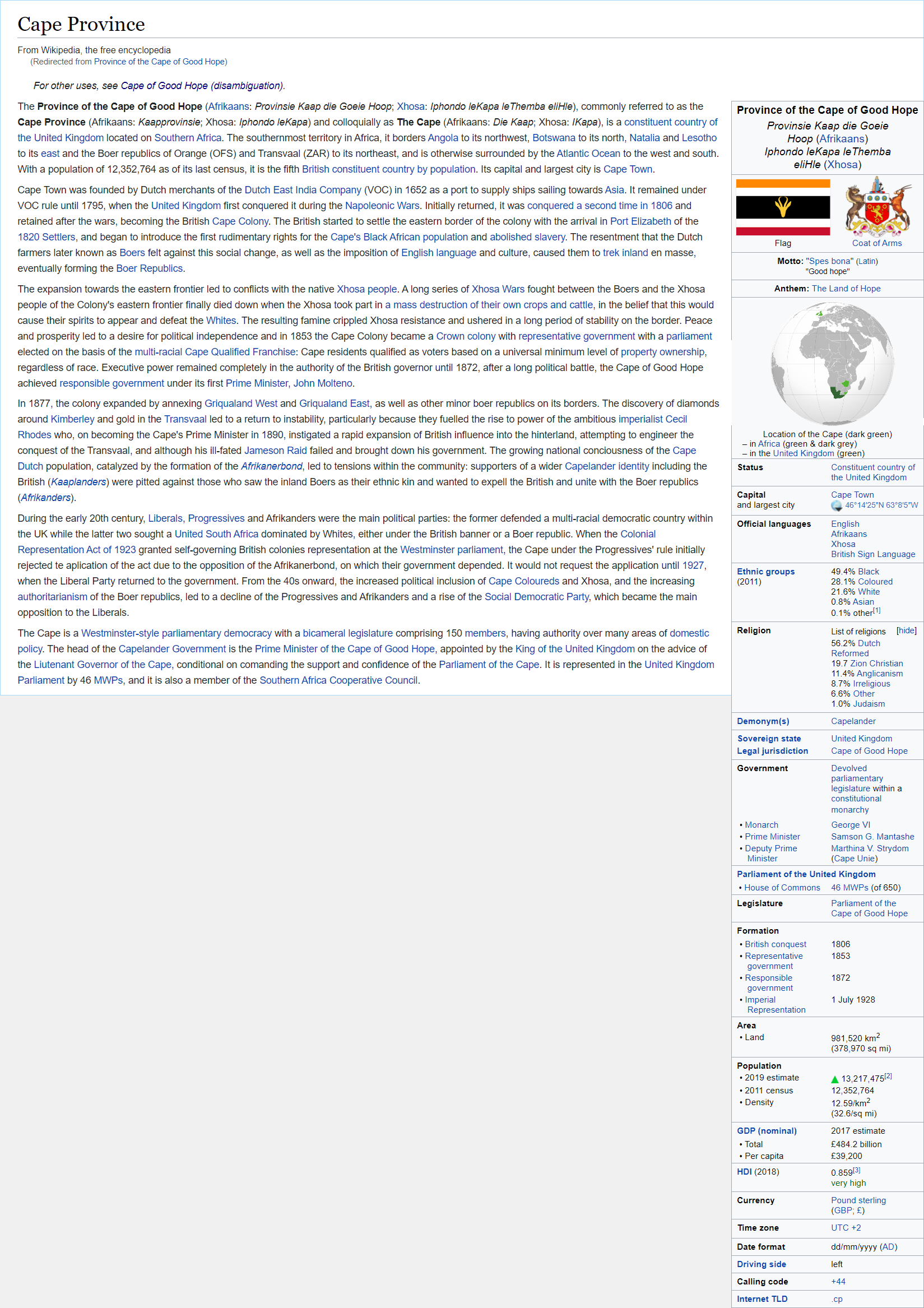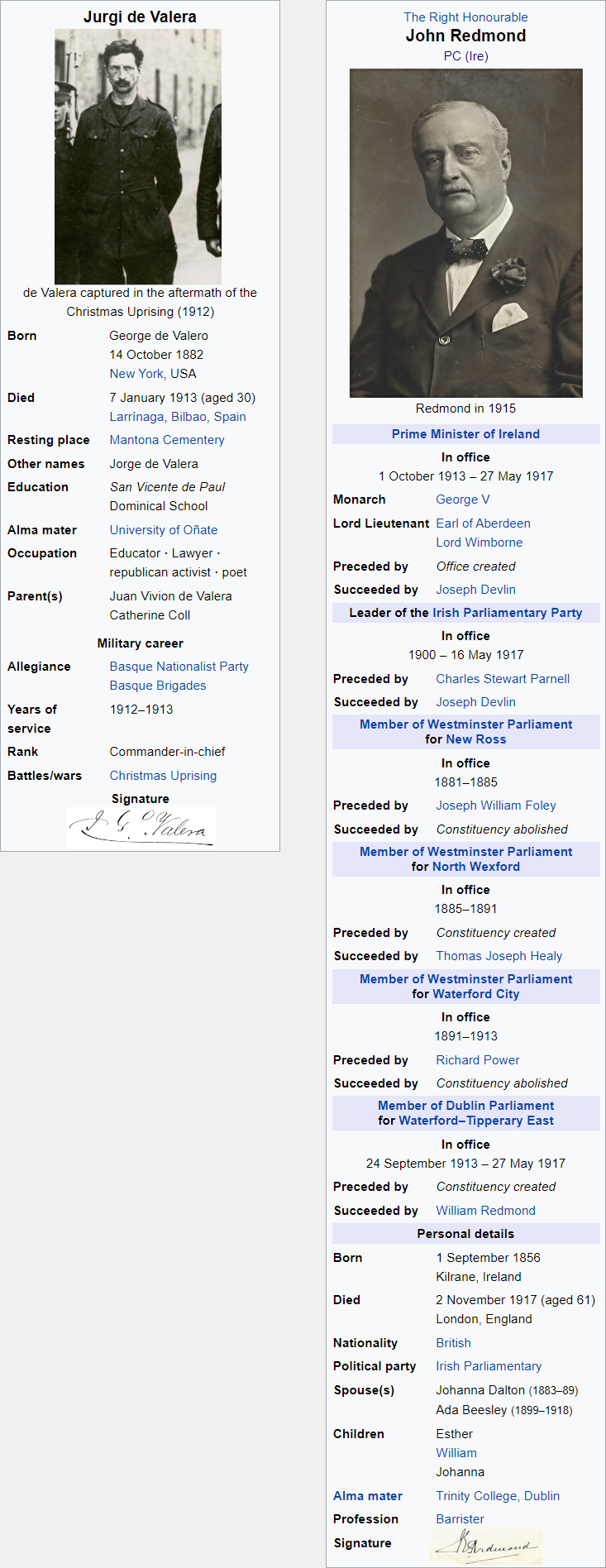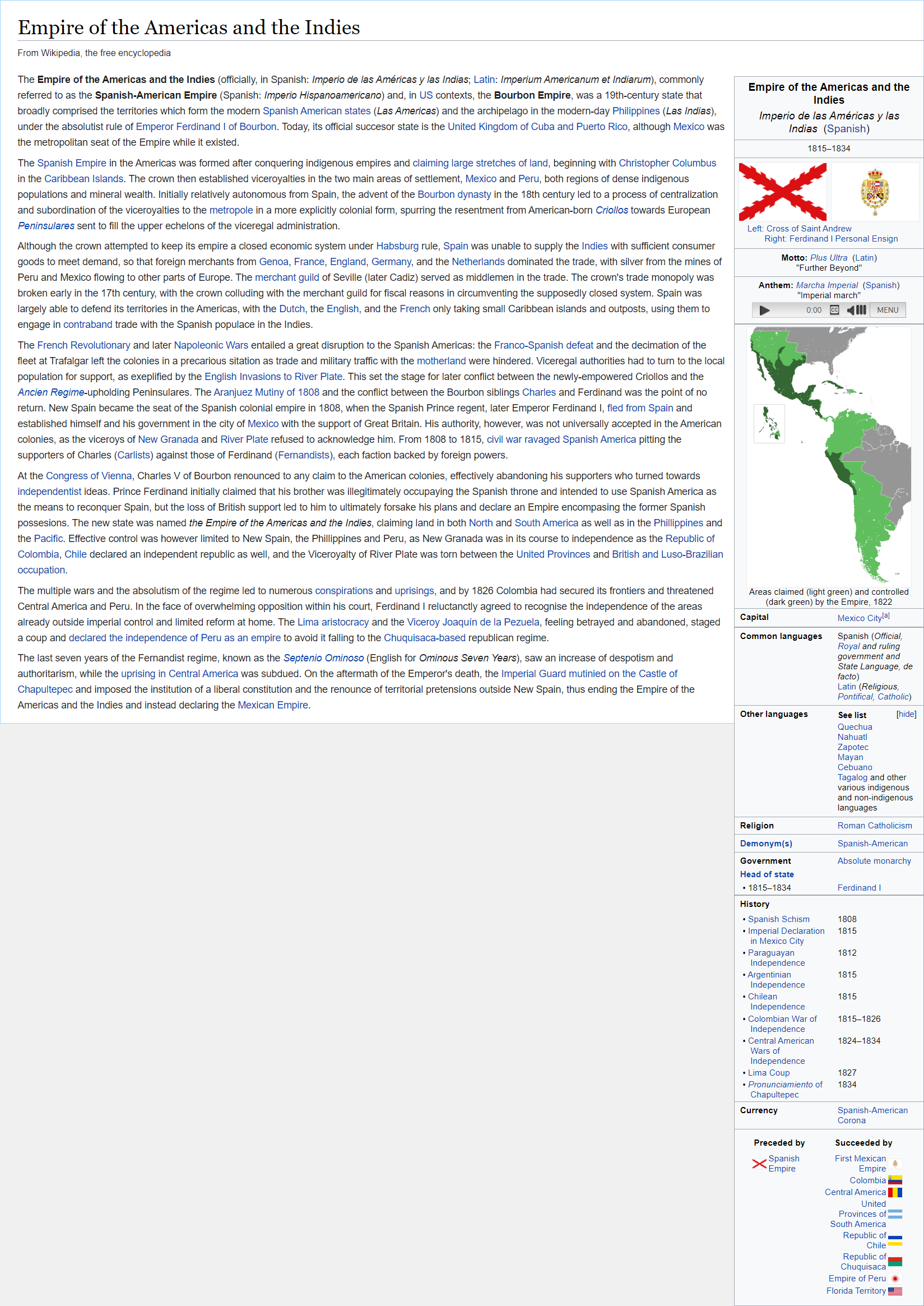What led to them creating a new constitution in 1997?
From the 70s to '97 martial and enabling laws were put in place as part of
De Strijd. The new constitution simply officialized the developed dictatorship into the fundamental laws of the republic.
Was it an attempt to strengthen the Boer regime?
That's it: banning of non-Boer parties, militarization of the political offices (fusion of political and military roles in the middle-bottom bureaucracy), stripping the Natives from the little rights they retained and basicly turning them into slaves, freeing the ZARP from judicial restraints and turning it into a repression apparatus, etcetera.
I see on the democracy index that the Orange Free State is slighter better off than Transvaal, but is it still pretty similar?
It is slightly better because it's not militarized (to such an extent...),
uitlander parties are allowed, due process is mostly respected and in general it functions as a parliamentary republic. However, it is expressly defined as a Boer national homeland in its constitution and as such actions deemed aimed at changing it are a crime, immigration and naturalization are severily restricted, most Natives were expelled to Lesotho in the 1920s...; in general, Bloemfontein 2021 feels very like Alabama 1950.
Also, are any other contemporary regimes considered "Totalitarian"?
China and Paragua;, there are more dictatorships but those three are the only ones seen as totalitarian.
Nice work though! I am glad your timeline is willing to address the problems that arise in a world that hasn't given up colonialism.
Thanks! I'd like to think that OTL's decolonization, while not perfect by any measure, is not a given, and that in other circumstances those horrors could remain more entrenched and difficilt to excise, and so I want to explore those implications. For example, the South African situation doesn't pop up in British news sources because the UK has a vested interest in status quo in the region, having beneficial deals with the ZAR and not wanting a refugee crisis.
It's much worse than Apartheid.



